Introduction
Liverwurst is a popular type of food, especially in Central Europe, in countries such as Germany and Austria. It is a hearty and delicious type of deli product that many people enjoy every now and then. But can dogs eat liverwurst? Are there any risks involved? Read on to find out the answer!
Is Liverwurst Good for Dogs?
Good for weight gain
Liverwurst is one of the fattest types of deli products that you can feed your dogs, which automatically makes it safe only for dogs that don’t have the risk of becoming obese or diabetic.
Liver sausage should always be seen as an occasional snack for dogs, especially if it is not homemade. For convalescent dogs and those that need to put on weight, it can be a good treat on occasion.
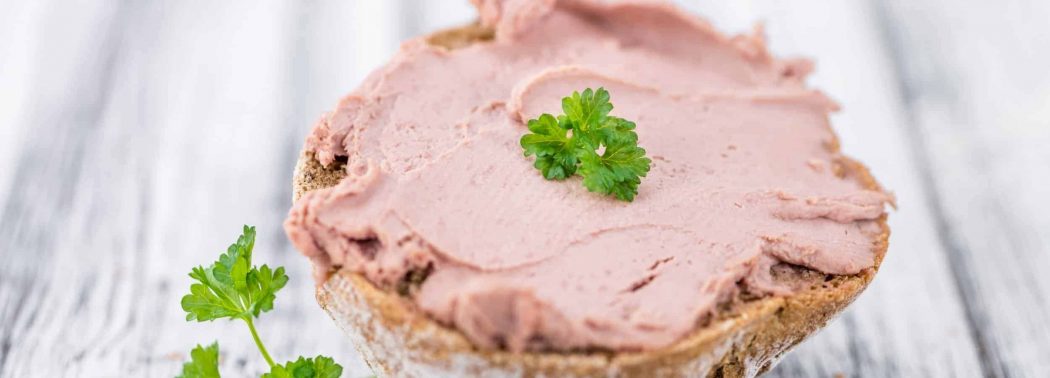
Iron
This is where leberwurst sausage really shines. Just 100 grams of liverwurst contain 49% of iron, which means that it’s one of the richest types of food in this mineral.
Iron is an essential nutrient that can help your dog’s cardiovascular system function properly thanks to its role in building red blood cells. As you probably know, red blood cells are in charge of transporting nutrients and oxygen to and from your dog’s tissues and organs.
Vitamin C and B6
There’s 5% vitamin C and 10% vitamin B6 in 100 grams of liverwurst, which might be surprising. But the main ingredient in this product, meaning liver, is extremely rich in various nutrients, including these two vitamins.
Vitamin C is seen as naturally anti-infectious, which means that it will protect your dog from disease by improving the health of their immune system.
Vitamin B6 does the same, but it is also very important for keeping your pet’s coat in good health. Dogs that have vitamin B6 deficiencies can develop rashes, irritations, and dermatitis.
Calcium and magnesium
While these two are relatively low when it comes to the standard liverwurst nutritional value (2% calcium and 3% magnesium in 100g), they are still important minerals. They are both involved in a cell membrane pump that regulates the exchange of substances between various tissues.
Plus, they are both important for the well functioning of the cardiovascular system.
Is Liverwurst Bad for Dogs?
Will liverwurst hurt my dog? While a straightforward answer to this question doesn’t necessarily exist as there are safer varieties such as homemade ones, here are some reasons why liver sausage might not make the best food for dogs.
High cholesterol
Liver sausages are extremely rich in fat and that’s because they have to be palatable and delicious.
Fat is used both as a preservative and as a flavoring, in this case, but it can be detrimental for some types of dogs, such as seniors or those that generally can’t handle fatty foods.
Condiments and seasonings
This is one of the main concerns when it comes to giving liverwurst to dogs. Some types that you can get from the supermarket could contain dangerous ingredients such as onion and garlic.
All of the members of the plant Allium genus are risky for dogs and can cause Heinz body anemia.
This might not necessarily happen if your pup eats just one tiny slice of liverwurst since their intake of onion or garlic is not going to be high, but if your dog gets into your stash of liver sausages and eats a lot of them at once, you will definitely end up at the emergency vet clinic.
Possible digestive distress
Because of the high fat content and the high fat salt content in liverwurst, some dogs might become gassy or experience vomiting or diarrhea. It depends on the dog and how likely they are to experience digestive issues, but it can be a relatively common occurrence.
Kidney and pancreas health problems
The fat in leberwurst can cause acute pancreatitis in dogs that are already predisposed to it. This can be more common in senior pets.
As for the kidney complications, they can occur as a result of the very high salt content present in most liverwurst varieties.
Like fat, salt is used both to make sausages more delicious but also to act as a natural preservative. Besides renal health issues, your dog could suffer from high blood pressure or other cardiovascular negative outcomes.
How Much Liverwurst Can A Dog Eat?
No amount of liverwurst is safe for dogs if you’ve bought it from the supermarket. Perhaps if your local butcher makes some varieties that you know for sure don’t contain massive amounts of fat, salt, or onion or garlic, you might give your dog a very small piece.
The sky’s the limit when it comes to the liverwurst that you prepare at home. If you make your own, just steer clear of the dangerous ingredients we have previously mentioned and you can give your dog anything between one to three small slices per week as liverwurst dog treats.
How to Prepare and Serve Liverwurst to Your Dog
First of all, don’t ever feed your dog any table scraps, especially if you haven’t cooked them separately for them (meaning without any risky ingredients).
Homemade liver sausage is relatively safe and you can boil it, grill it, or bake it. We do not recommend frying the liverwurst in any way, shape, or form, because it already has enough fat in it — frying it would make it a fat bomb, one that would seriously raise your dog’s risk of developing acute pancreatitis.

Frequently Asked Questions
Once a week would be a good idea, but only for the very safe options (such as the one you’ve made at home or the one your local butcher makes). Supermarket varieties should never be given to dogs.
No. Liverwurst pate almost always contains mustard, onion, and sometimes even small amounts of alcohol, which makes it unsafe for dogs.
If it’s not homemade, no. Puppies need a balanced and species-appropriate diet and they might as well do without the potentially toxic ingredients in this food product.
Summary
So, can dogs eat liverwurst? While very small amounts are somewhat safe, we would recommend against feeding it to your dog. Talk to your veterinarian if you have any concerns in this sense.
Sources
- Effect of a high-fat-high-cholesterol diet on gallbladder bile acid composition and gallbladder motility in dogs, Toshiaki Kakimoto et al, 2017
- Pancreatic response in healthy dogs fed diets of various fat compositions, Fleur E. James et al, 2009
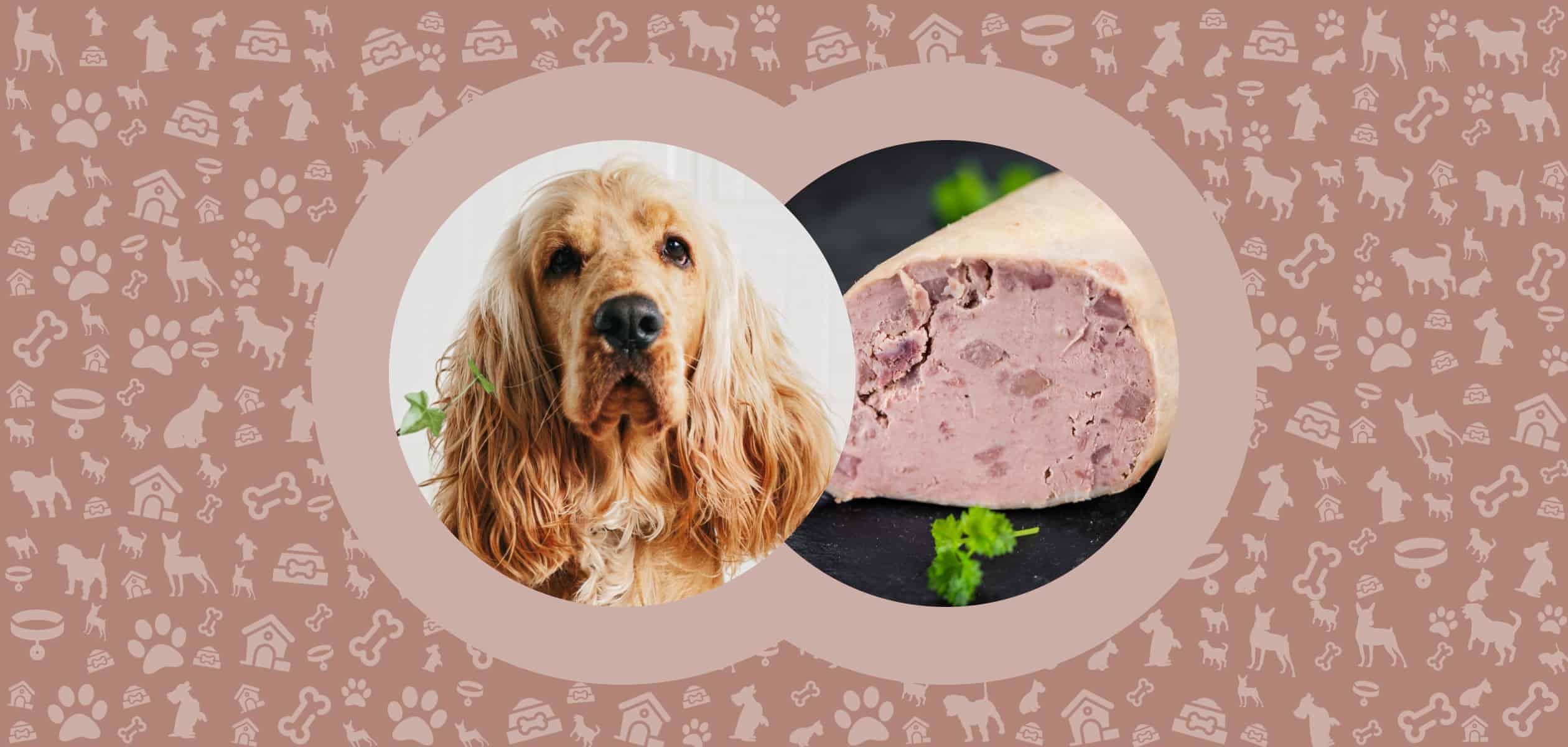
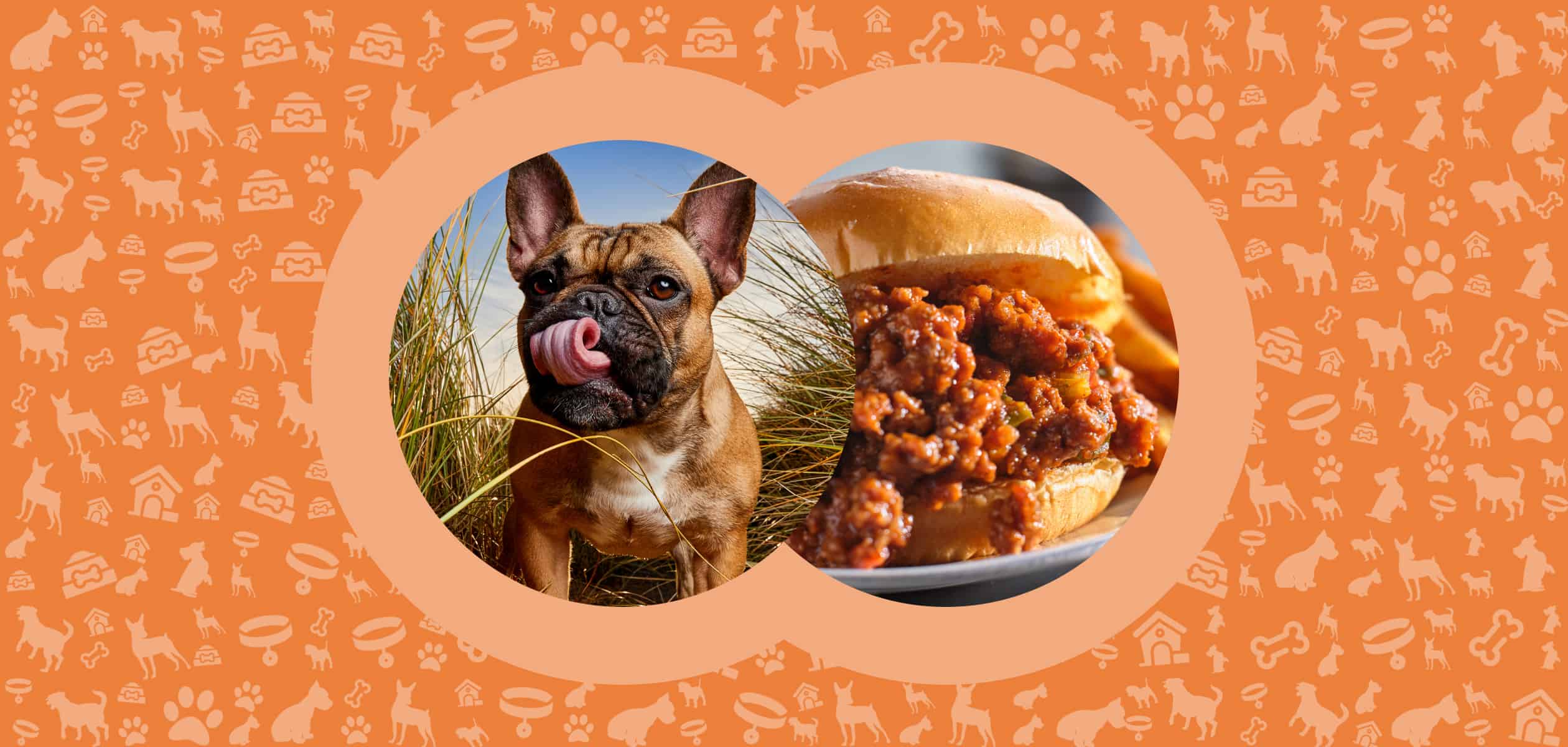
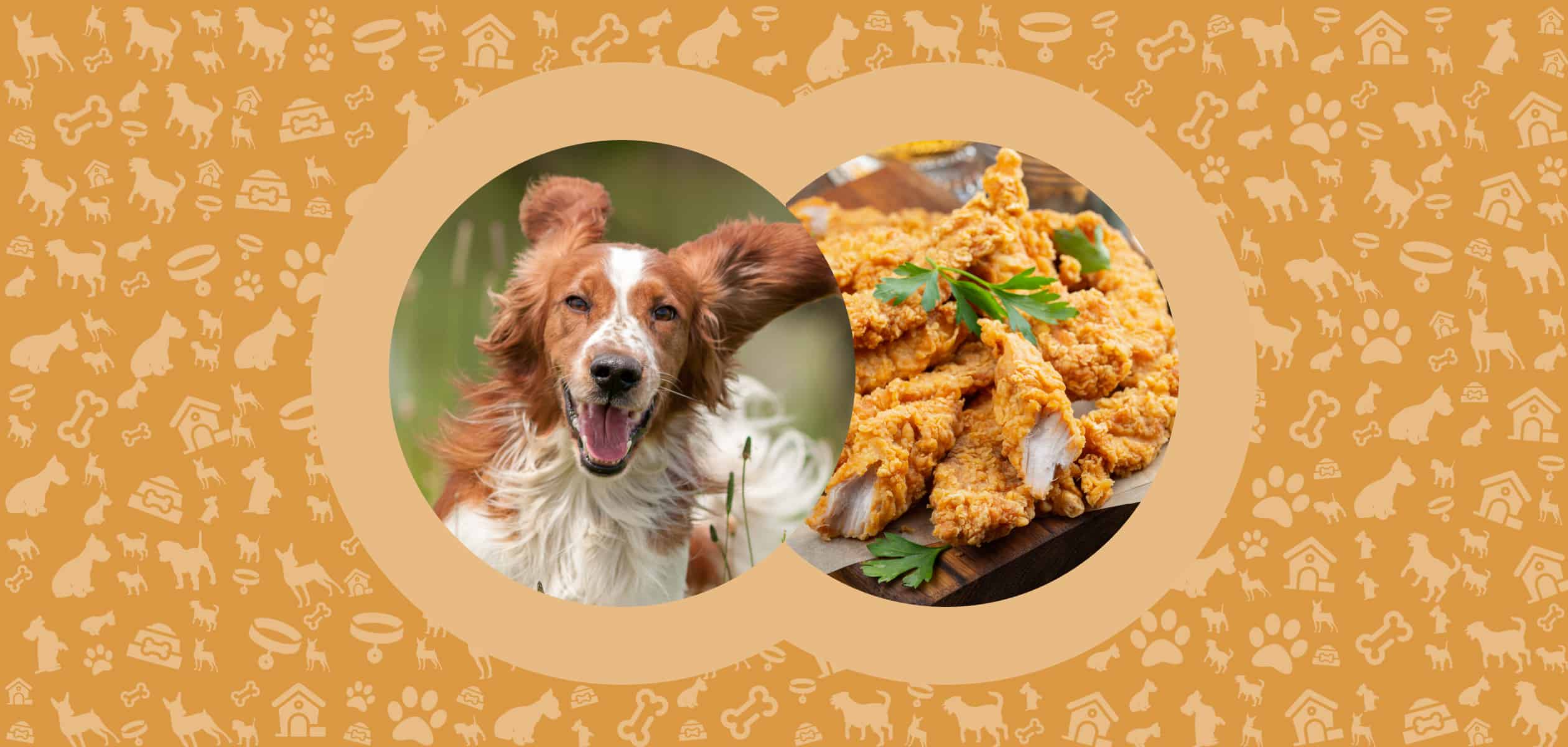
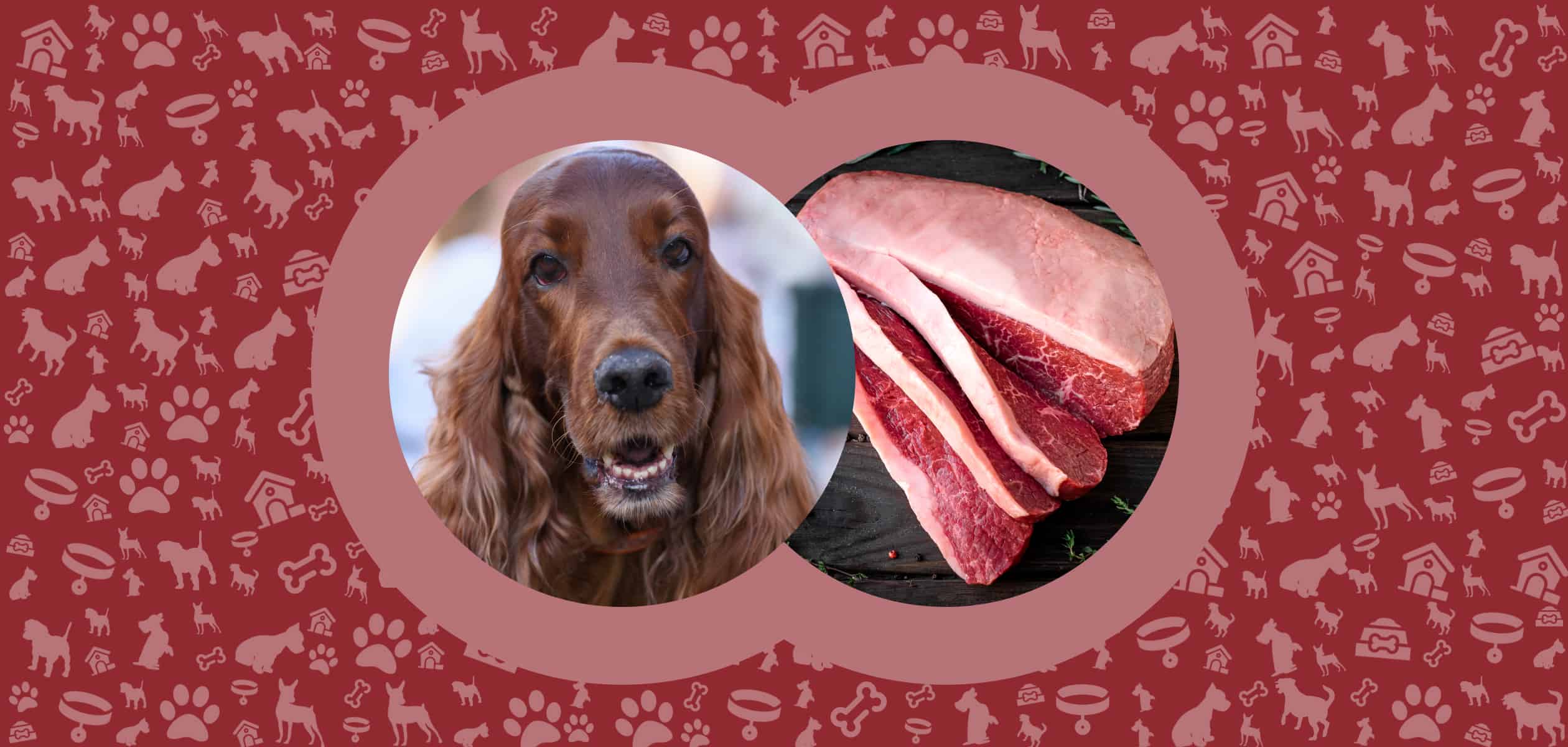
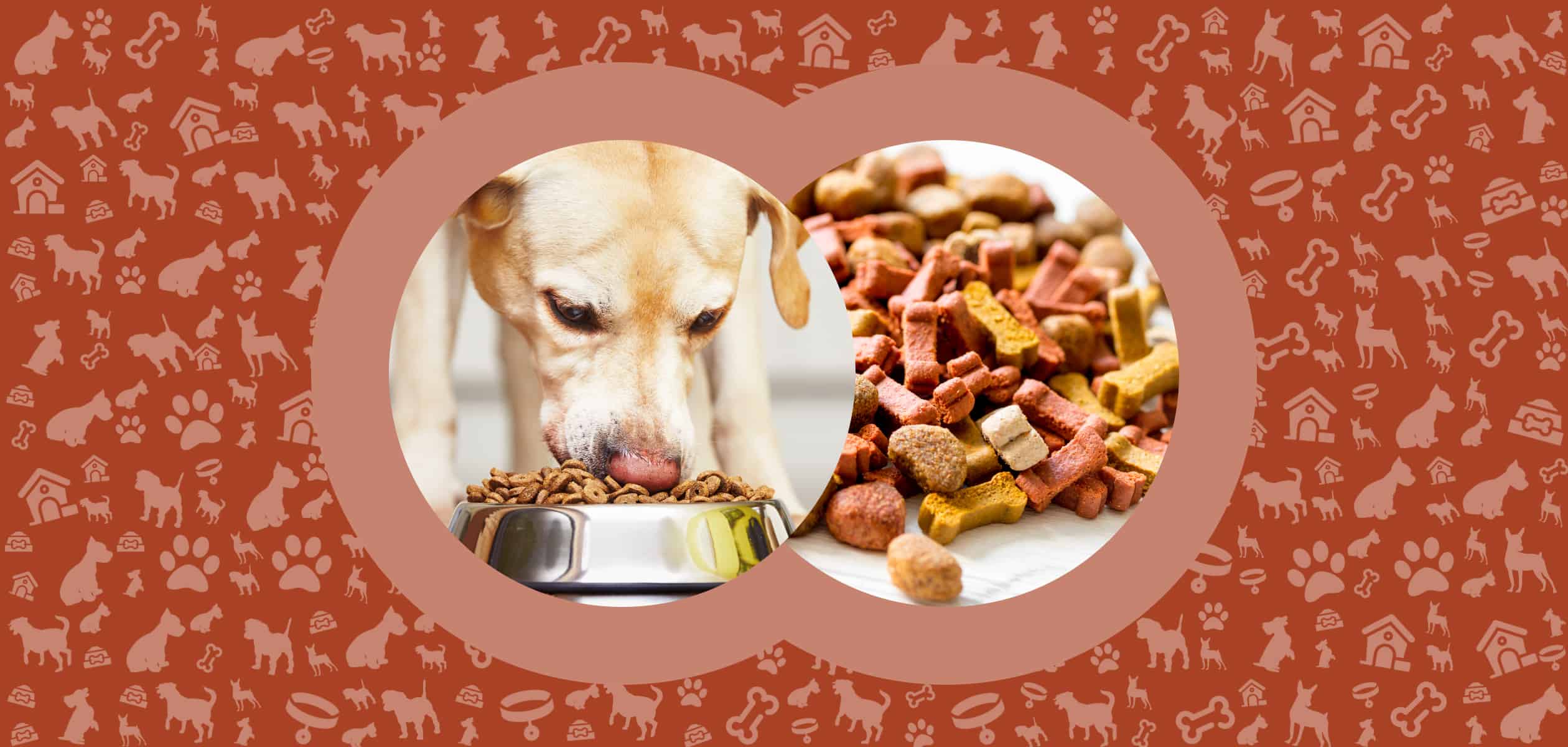
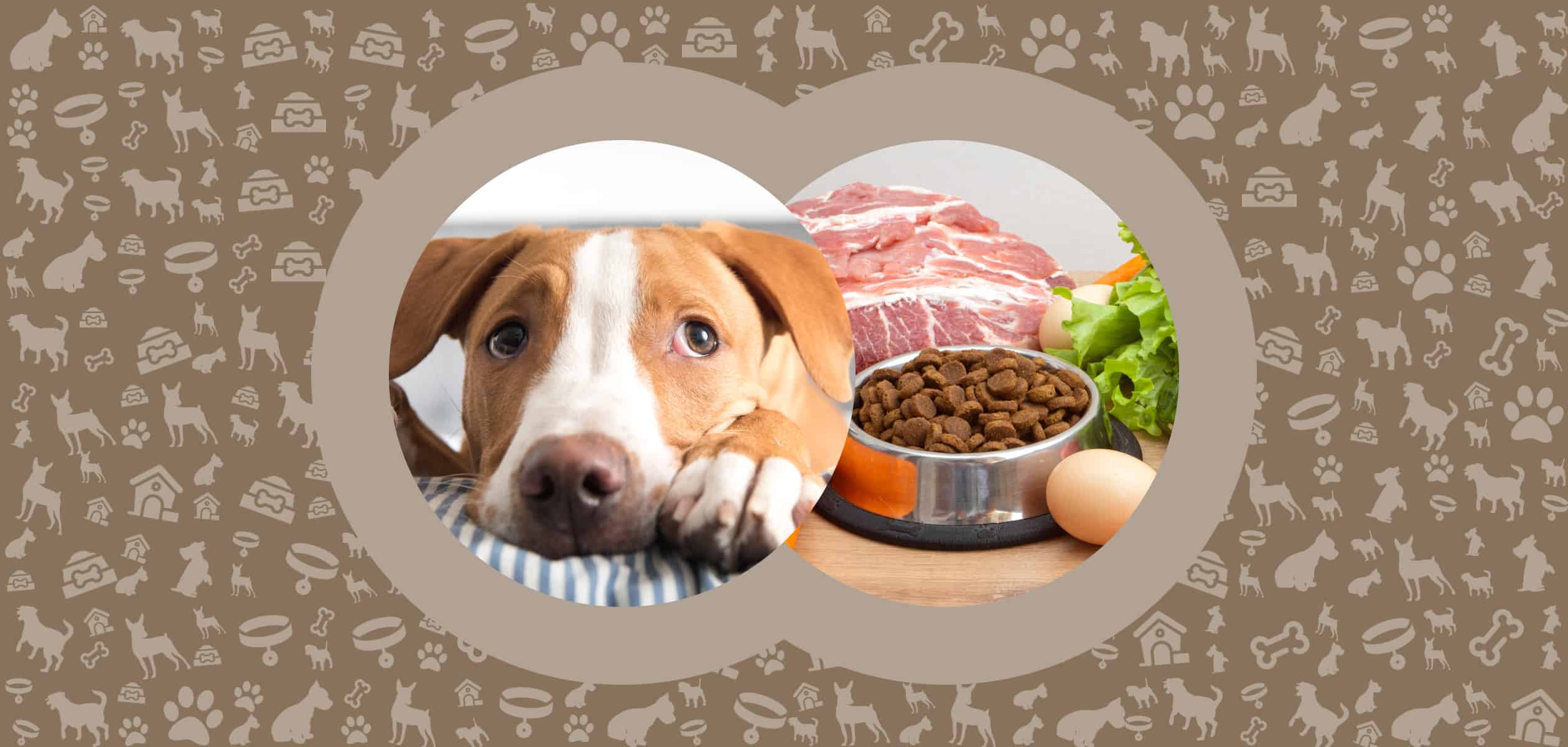
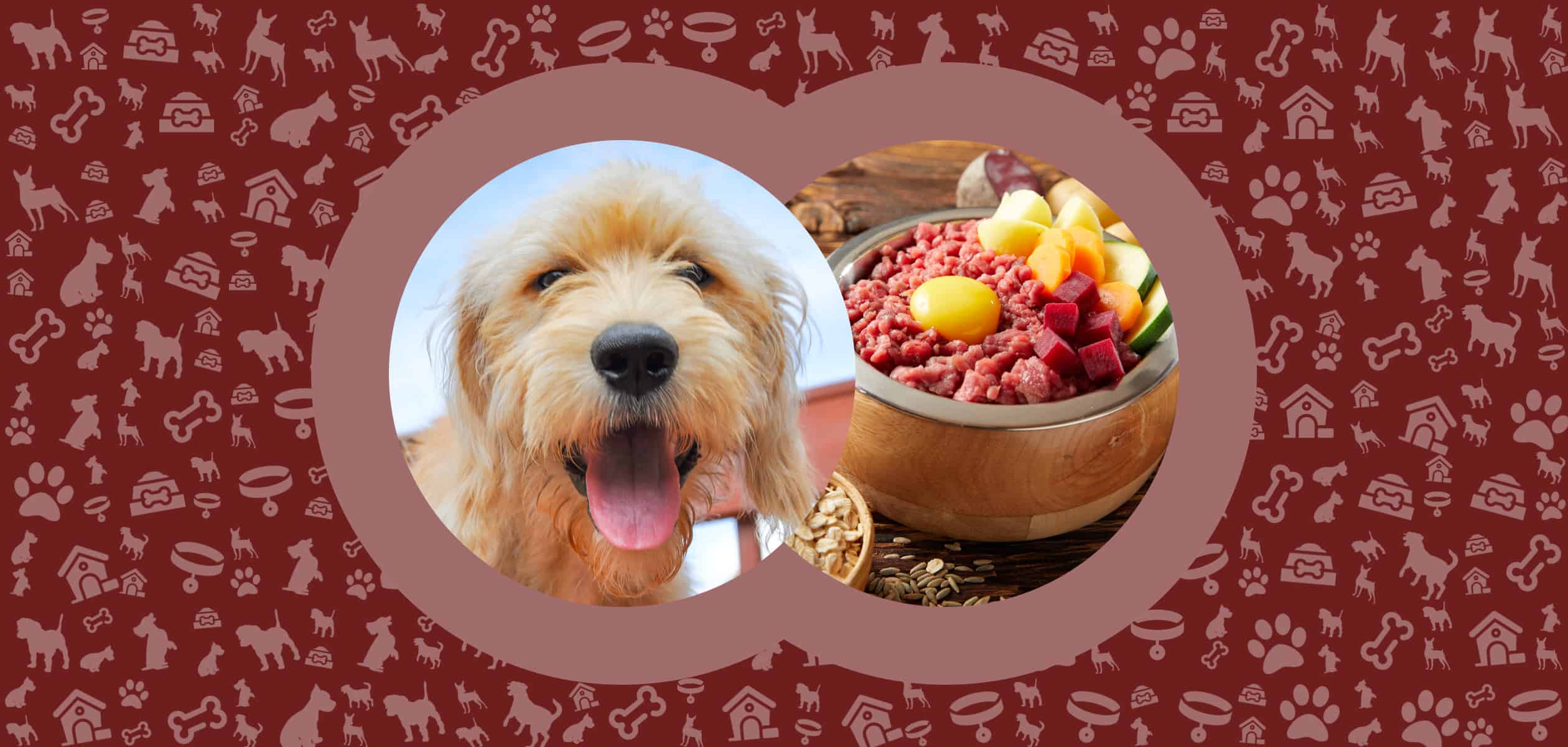
Leave a Comment